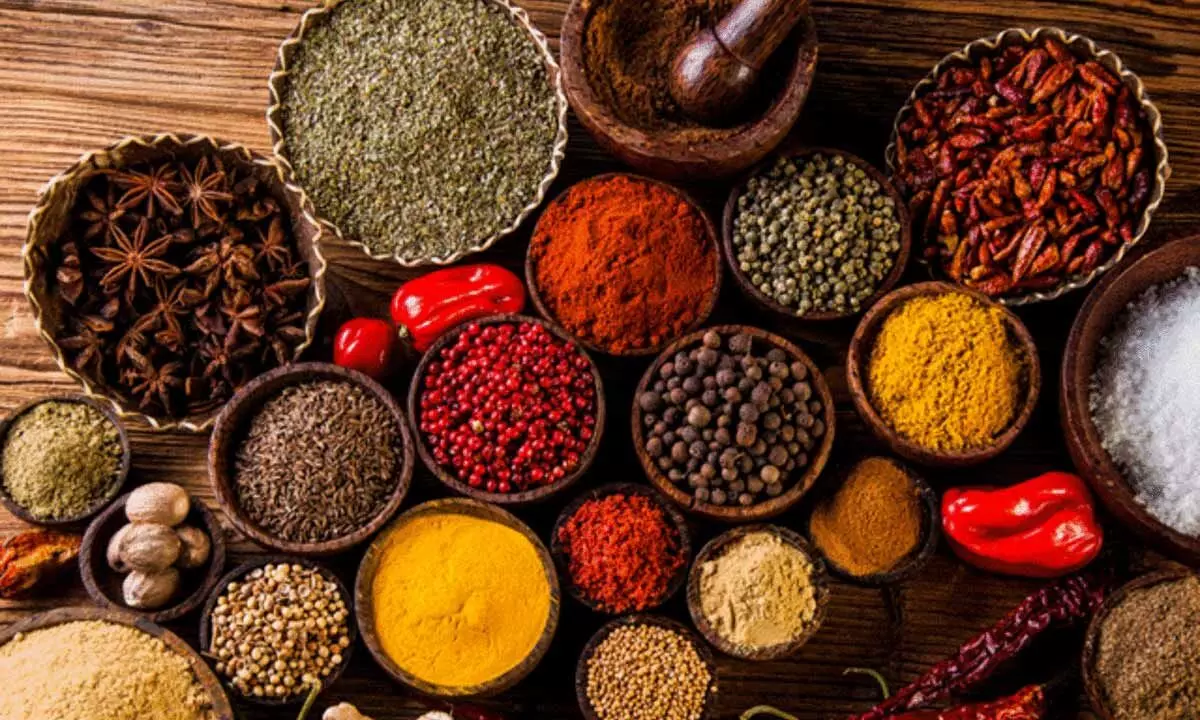Centre frames new norms for exports of spices

Comes out with detailed guidelines to prevent EtO contamination in spices
New Delhi: India has come out with detailed guidelines to prevent EtO (ethylene oxide - a carcinogenic chemical) contamination in spices for exports, an official said on Monday. The government has put in place other preventive measures like mandatory testing of spices being exported to Singapore and Hong Kong, the official added.
The steps assume significance amid reports on the recall of two Indian spice brands’ -- MDH and Everest -- products in Singapore and Hong Kong due to the presence of EtO residue in certain spices.
“Mandatory pre-shipment sampling and testing for EtO for Singapore and Hong Kong has been started; and guidelines have been put in place for all exporters to avoid possible contamination of EtO – covering all stages (sourcing, packaging, transportation, testing) of supply chain, for all jurisdictions,” the official said. The official added that periodic sampling is also being done from exporters by the Spices Board based on which corrective measures are enforced. Explaining the issue, another official said that in food products, there is a certain degree of failure of samples, and India’s sample failure is less than 1 per cent.
“In 2023-24, 99.8 per cent of around 1.4 million tonnes of spices have met quality requirements of different countries, and only 0.2 per cent of all consignments were non-compliant,” the official said. On the other hand, 0.73 per cent of imported food consignments were non-compliant. There is a drastic decline in alerts on Indian food commodities export to the European Union on account of EtO. Further, most of the countries have different MRLs (minimum residue limits) for EtO. For example, while the EU has fixed this limit to 0.02 to 0.1 mg per Kg, Singapore’s limit is 50 mg per Kg and Japan has 0.01 mg per Kg. Different countries fix their own MRLs for pesticides based on their country-specific good agricultural practices (GAP) and dietary consumption patterns. There is no international standard for Ethylene Oxide. Ethylene Oxide, because of its volatile nature, leaves no traces, and if not aerated, soon converts into choloro ethylene (CE) in products. European Food Safety Authority (EFSA) could not conclude on the genotoxicity and carcinogenicity of 2-CE and therefore no safe level could be derived and a standard risk assessment could not be performed.














